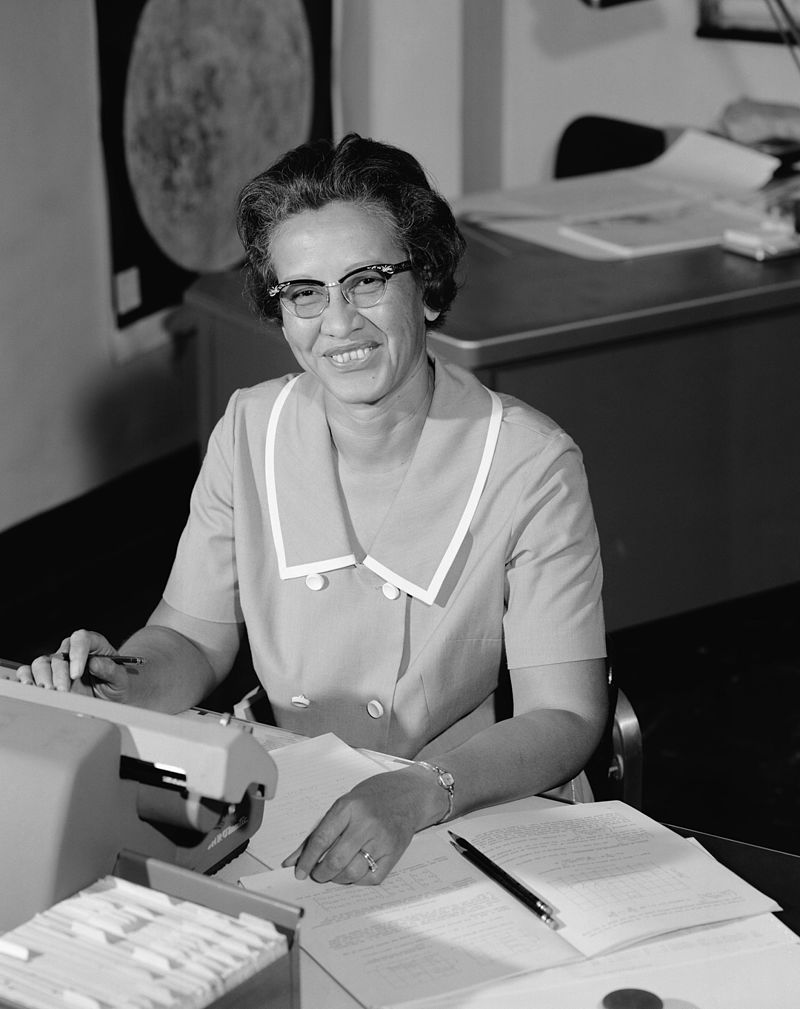I listened to Samuel Hansen’s interview with local-boy-made-good Neil deGrasse Tyson (that’s an in joke for those who have listened, so you’d better go and listen, right?).
They speak about mathematics in astrophysics (“math in astrophysic”?), space exploration & research, outreach and more.
In talking mathematics, Dr Tyson covers an unplanned impact of mathematics and also offers this gem:
You visit China you want to speak Chinese so you can communicate with the culture. If you want to talk to the Universe you have to know mathematics.
Perhaps the most interesting part of their conversation, to me, is the discussion of outreach and helping children develop and grow their natural enthusiasm and curiosity into a career in science. Dr Tyson also engagingly makes the case for fundamental research and investment in science research in economic terms, including the role of scientists in communicating their work to the public.
The interview was a really interesting and engaging eighteen minutes of audio. I am grateful that Dr Tyson and others are willing to give a little time to this sort of activity, and once again grateful that Samuel somehow manages to eke out a living, for the moment, while producing this sort of content. If you have it in your power to somehow help him to keep doing this, please do so (possibilities range from offering him somewhere to sleep in LA later this month to offering Samuel a job which makes the most of his talents).
One part of the interview that really resonated with me was when Samuel asked about Dr Tyson moving away from more traditional academic work towards what I would call outreach – writing books and broadcasting – and administration – directing the Hayden Planetarium – while still calling himself an academic. In his answer Dr Tyson describes himself as “culturally an academic”.
People often ask what I do and its quite hard for some people to understand because I’m not easily pigeonholed. This was brought home this week when I gave my history of cryptography lecture at Salford and my host presented the awkward question, “how should I introduce you?”
Technically I have an administrator employment contract and part of my job is administering funding and collecting and collating reports, yet I see my primary interest as teaching mathematics at university and my work as doing or developing research into improving that teaching. Although I am not an academic in the sense of doing mathematical research and being employed on an academic contract, my research is into teaching and I engage in academic-like activities like teaching, outreach, attending conferences and active membership of professional bodies and learned societies. I see my future as being a mathematics lecturer whose research is into improving his teaching. I like the notation of seeing myself as “culturally an academic”.
